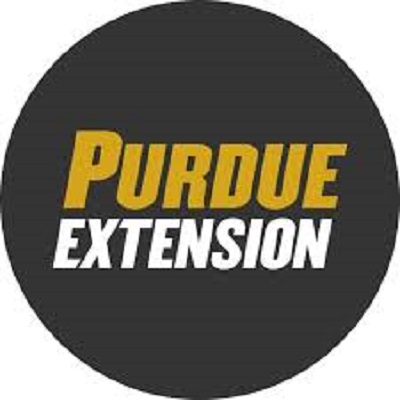This week, we will continue our discussion on farm tax information shared during the virtual Tax Strategies for Midwestern Farm and Ranch Women series.
We will begin by talking about whether or not you should use a Schedule F or Schedule C.
A Schedule F reports the gains or losses from the sale of farm products raised for sale. It does not include gains or losses from the sale of land, depreciable farm equipment, building and structures, or livestock held for draft, breeding, sport, or dairy purposes. Generally speaking, for tax purposes, all individuals, partnerships, or corporations that cultivate, operate, or manage farms for gain or profit would file a Schedule F. If an individual’s business income is not derived from farming, it will generally be reported instead, on IRS Form 1040 - Schedule C, Profit and Loss from Business. This is where you would typically find processed ag products such as wine or packaged meat as examples.
As you may be aware, the federal government uses “brackets” to determine the tax rate to use on your “taxable income.” For 2023, if you are married filing jointing, the tax brackets are:
- Bracket 1 $0-$22,000
- Bracket 2 $22,001-$89,450
- Bracket 3 $89,451-$190,750; and so on.
What might surprise you is that if your taxable income fell into bracket 3; only part of your taxable income is taxed at that rate. Specifically, if you had $90,000 of taxable income, the first $22,000 is taxed at the rate for bracket 1, the next $67,450 is taxed at the rate for bracket 2, and the remaining $550 will be taxed at the rate for bracket 3. Essentially, only the dollar amounts in each bracket is charged that rate, not the entire amount for the bracket you fell into.
If you are interested in the latest edition of the Farmer’s Tax Guide, please download a copy at https://www.irs.gov/pub/irs-pdf/p225.pdfAs you work on your farm taxes in the coming weeks, we recommend that you take time to visit with your accountant. Please keep in mind that working with your tax professional is a year-round process, but we do recommend having at least one face-to-face meeting annually. Make sure your tax professional has experience with farm returns because you want someone that understands the specialized tax rules associated with agriculture and understands the terms, lingo, and trends of agriculture production.
Visit our homepage at www.extension.purdue.edu/putnam or you can contact the local Purdue Extension Office by calling 765.653.8411 for more information regarding this week’s column topic or to RSVP for upcoming events. It is always best to call first to assure items are ready when you arrive and to RSVP for programs. While many publications are free, some do have a fee.
Purdue University is an equal access/equal opportunity institution.
All times listed are Eastern Time.
Upcoming Events:
Jan. 9 – Running for Office, 6-8pm, Fairgrounds, register by Jan. 4 at
https://tinyurl.com/PutGov24
Jan. 15 – Extension Office closed for holiday
Jan. 25 – Extension/SWCD Annual Dinner, Fairgrounds
Jan. 26 – Managing Your Cyber Ecosystem webinar, 12 Noon, register at https://bit.ly/WIAWebinars2024
Feb. 1, 8, & 15 – Keeping The Business In The Family: A Roadmap to Successful Succession, 9-11 AM, Russellville Community Center, $50 per person, Call
765-653-8411 to register
Feb. 22 – Ag Women Engage Conference, Fort Wayne, $100, register at https://purdue.link/AWE2024







